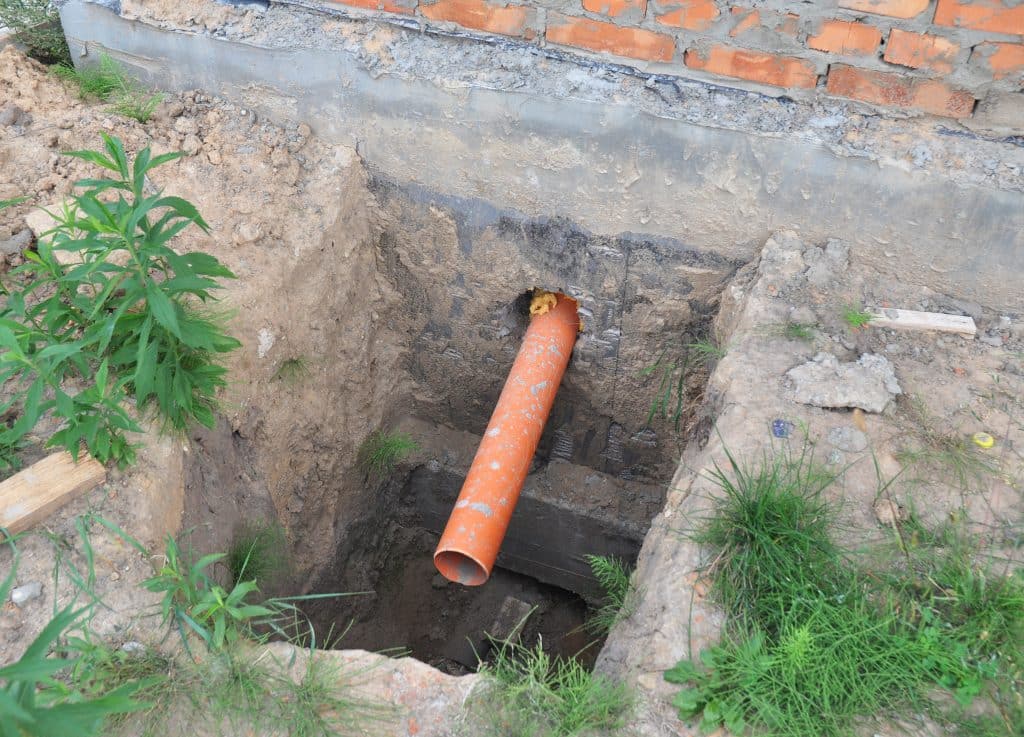North Dakota winters can be brutal on the systems of your home, and your sewer lines are no exception. When the temperature drops below 0 degrees Fahrenheit, as they regularly do in January, even pipes buried a few inches underground aren’t safe. You should suspect that your sewer lines are frozen if you detect bad smells, sinkholes, or puddles around the area where they’re buried. You may also hear gurgles, see frost on the exposed areas of the pipes, or notice that your sink, tub, or toilet bowl drain slowly. The good news is there are things you can do to protect your pipes.
Have the Pipes Inspected
Before anything else, have your sewer pipes inspected by a plumber before the worst of winter sets in. A professional can find problem areas and perform troubleshooting and repairs.
Insulate the Pipes
Wrapping insulating material around your indoor plumbing pipes keeps water flowing into your sewer pipes and keeps them from freezing. You should also make sure to use foam insulation to seal up any cracks or gaps in your basement or crawlspace. This ensures frigid air doesn’t touch the sewer pipes.
Keep a Faucet Dripping on Frigid Nights
During those really frigid nights, you might want to leave a dripping faucet on. Even a trickle of water won’t freeze as long as it’s moving. It also helps to make sure the interior of your house stays at least 55 degrees Fahrenheit and raises the temperature of your water heater just a bit.
Bury Sewer Pipes Below the Frost Line
Installing sewer pipes below the frost line ensures that they stay at around 60 degrees Fahrenheit, no matter how cold it gets outside. For North Dakota, the average depth of the frost line is about 6.25 feet. If you’re not sure how deep your sewer line is, call a professional plumber for take a look. You should also keep an eye on your drain traps and gutters. Make sure that they’re always kept free of ice, snow, and debris.
Be Careful What You Put Down Your Drain
Fat, grease, hair, paper products, and bits of food can clog your plumbing pipes and make them especially vulnerable during the winter. The same is true of your sewer line. Don’t try to flush the above mentioned items down the drain. Toss them in the garbage instead.
Call Us for More Tips to Maintain Your Sewer Line
A clogged sewer line is, at best, a pain in the neck. A burst sewer line is a disaster that’s time-consuming, messy, and expensive to fix. It’s always a good idea to be proactive when it comes to winterizing your plumbing pipes, including the sewer lines. If you need more tips or if you feel there’s a problem with your sewer and drain, don’t hesitate to call on our plumbers at Total Care Plumbing in Grand Forks, ND.






